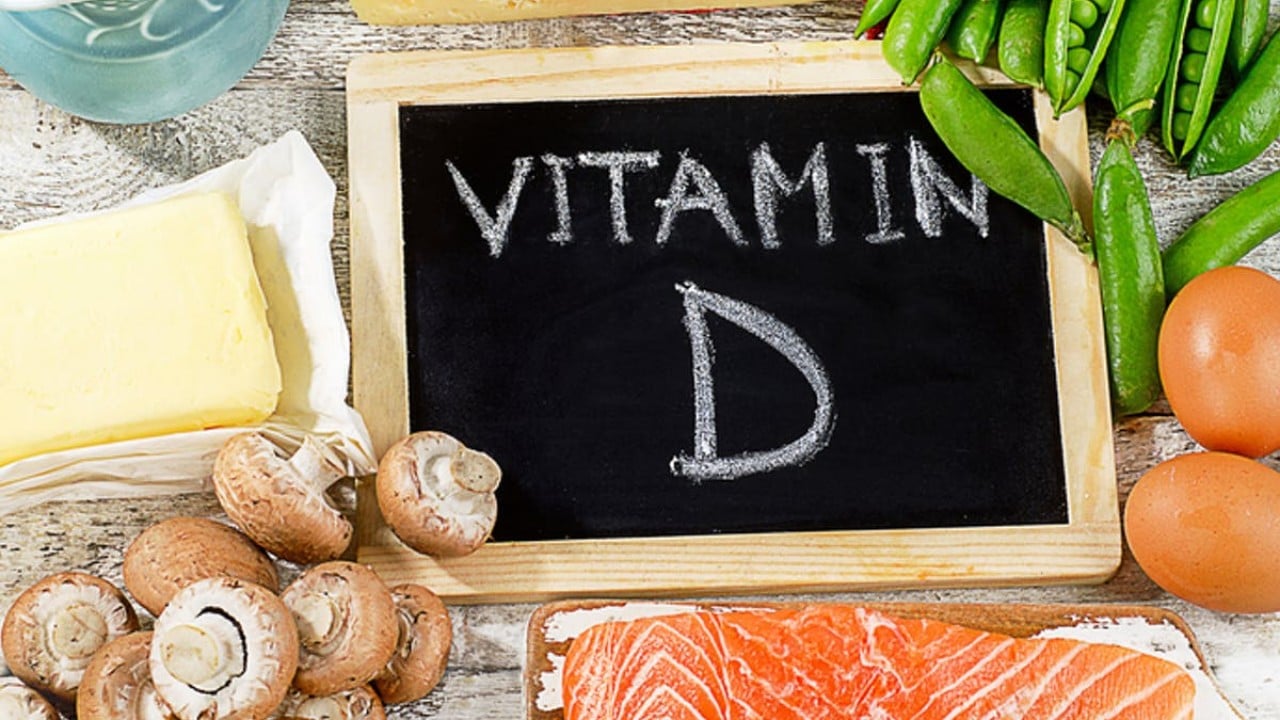As the winter chill sets in, many people find themselves reaching for extra layers or cozy blankets to stay warm. But for those living with diabetes and hypertension, the cold weather could pose more serious threats than you might realize. Recent findings reveal that individuals with these conditions could face an increased risk of severe complications, including stroke and heart attack, during the colder months. Is your health at risk this winter? Let’s dig deeper into the chilling reality.
Cold weather and its impact on hypertension and diabetes
When the temperature drops, the body undergoes various physiological changes to protect itself. For people with hypertension, or high blood pressure, the cold causes blood vessels to constrict, raising blood pressure and increasing the risk of heart attack and stroke. The colder weather also causes the body to release more stress hormones, which can further elevate blood pressure levels. But the danger doesn’t stop there for diabetics.
Diabetes patients already struggle with poor circulation, and the winter chill can exacerbate this, leading to higher blood sugar levels and increased chances of complications like nerve damage. Experts are also warning about the added stress on the heart, as diabetics are already at a higher risk of cardiovascular diseases.
Health professionals are urging individuals with hypertension and diabetes to take extra precautions during the winter months.
Real-Life incidents raising alarm
There have been multiple reports from hospitals across India indicating a rise in patients suffering from heart attacks and strokes during the colder months. In fact, many of these patients were already dealing with hypertension or diabetes.
A recent case in Bengaluru highlighted this growing concern. A 62-year-old man, who had been managing his high blood pressure for years, was rushed to the emergency room after he suffered a stroke just days after a cold front hit the city. Doctors confirmed that the drop in temperature likely played a key role in the incident.
Taking preventive measures
So, how can diabetics and hypertensive individuals protect themselves during the cold season? Experts recommend the following:
Regular Monitoring: Keep a close watch on your blood pressure and blood sugar levels. With temperature changes, your levels could fluctuate, so make sure you’re regularly checking them.
Stay Warm: Layer up to stay warm but avoid overexerting yourself in extreme cold.
Medication Management: Be cautious about skipping or altering your medication routine. Talk to your doctor about any adjustments needed for winter months.
Exercise Caution Outdoors: Avoid going out during extreme cold, and if you must, ensure you’re properly dressed and limit time spent outside.
Hydration and Diet: Staying hydrated and maintaining a balanced diet is key to managing both blood sugar and blood pressure levels, particularly in colder weather.
As temperatures dip across the country, it’s important for those with hypertension and diabetes to take extra precautions. While winter might seem like a time for cozy warmth, for individuals with these conditions, it could be a hidden danger. Understanding the risks and taking preventive measures can help safeguard your health, ensuring that winter remains a season of comfort rather than complications.
Stay safe, stay warm, and keep your health in check.

















